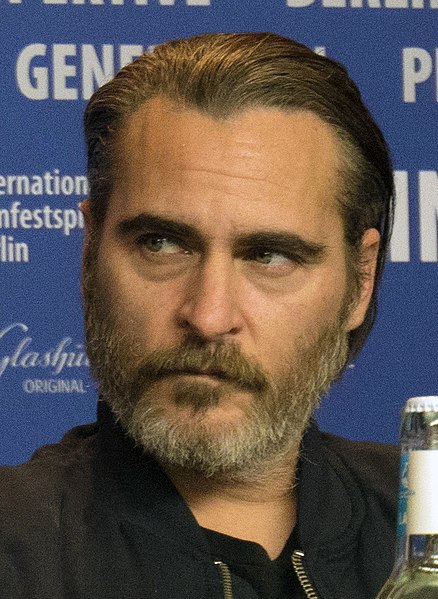
The most meaningful message the new movie “Joker” offers is that Arthur Fleck, who ends up becoming the Joker, is a homogeneous conglomeration of everything that happened to him. It’s impossible, and I believe intentionally so, to attribute his mental state to just one or two life events.
“Joker” was released on Oct. 4 as a dramatic explanation of the Joker’s origin. The movie shied away from previous action-packed interpretations and emphasized the Joker as a human first and as the Joker second. After Fleck’s mental health care is taken away and he is publicly shamed on a famous talk show, he is driven to chaos and absurdity.
Throughout the movie, Fleck deals with dozens of factors that eventually drive him mad. The most important among them — his mother’s illness, his own mental illness, his inability to charm women, losing access to healthcare, losing his job, and failing as a comedian — are featured heavily.
Everyone has experienced problems similar to Fleck’s, which makes the concept of Joker so appealing. Though the details of Joker’s transition are particular to him, the universal concept of Joker is something many audience members can relate to, whether from their own experience, or secondhand.
So what? Most of us don’t become serial murderers or rioters. But “Joker” offers an important commentary on stochastic terrorism and statistics in general. How many of us could become a murderous Joker at Hillsdale College? Almost none. But in a poor, corrupt city like Gotham? Many, many more.
For Fleck, the underlying issues in the movie all boil down to social relations. How does Fleck relate to his job and to creative expression? To his mother? To women? To the audience in the comedy club? Initially, his social needs, even though they are normal (a romantic relationship, a small comedy career, and a therapist who cares), are not adequately met.
Fleck’s social situation drives him to become the Joker, and in the same situation, the movie argues, you would become the Joker too. There is little about Fleck’s path that suggests conscious, immoral decision-making until he kills his mother. Fleck’s co-worker gave him the gun that got him fired from his job after Fleck was attacked while working. Even shooting three men on a train was self-defense; the movie makes it clear that Fleck feared for his life.
Fleck certainly took his situation to the extreme, but how many mini-Jokers are created from even the smallest social interactions?
One of the movie’s beginning scenes shows Fleck joking with a baby on a city bus. The child’s mother is displeased, and tells him off. It’s not hard to imagine a situation where the mother was nice to and understanding of Fleck. Perhaps it would’ve changed the course of his descent into becoming a serial killer.
Fleck appears on the famous Murray Franklin show after his comedy fail goes viral, an invented talk show like the real-world Johnny Carson. At this moment, Fleck makes the most important decision of his life: Before the show, Fleck spends days rehearsing what he’ll say and do on the show — this includes shooting himself after admitting to the three murders.
Fleck’s choice to kill Franklin responds to Albert Camus’ theory of absurdism: Instead of suicide, Fleck accepts the absurd, shooting Franklin instead of himself as he had rehearsed. Faced with a fleeting existence and a volatile world, Fleck decides he can only find solace in a subjective morality that puts himself at the center of it all. He becomes, as Camus said, “so absolutely free that your very existence is an act of rebellion.”
In a world that constantly suppresses his own self-expression — be it his job, his failing comedy career, or even the therapist who doesn’t care — Fleck is forced to forge his own way.
This is evident in the harsh dance he performs on a flight of stairs or his own terrible jokes. Fleck’s creativity is stupid and childish to everyone watching the movie. But to Fleck himself, his jokes are the funniest he’s ever heard and his crude dance moves are the best he could imagine.
At its heart, “Joker” criticizes our systemic barriers to express, create, and transform. How does a human respond to suffering and obstacles? What are the consequences of a world that makes humans into objects?
As Joker, through the makeup, Fleck sees the world as a subjective reality that he has the power to act upon, rather than himself as an object to be acted upon. In his own words: “I used to think my life was a tragedy. But now I realize it’s a comedy.”

